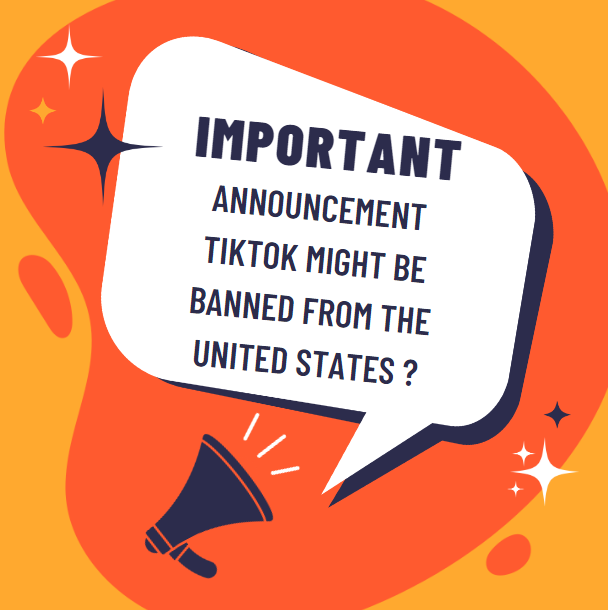Congress has recently started a push to ban the social media app TikTok from the United States after growing concerns have arisen surrounding the app’s ability to keep American data out of the hands of foreign interests. On March 23, 2023 the CEO of TikTok, Shou Zi Chew, testified before congress and answered a volley of questions ranging from TikTok’s data security to the potential for addiction to the app.
During a five hour testimony, Chew sought to reassure lawmakers that TikTok is committed to protecting user data and privacy, and that the company operates independently of the Chinese government. He also emphasized that TikTok has taken steps to improve its data security practices, including appointing a Chief Information Security Officer and implementing additional security measures that keep user data out of the hands of foreign interests.
Chew testified that the social media company is currently “building what amounts to a firewall to seal off protected U.S. user data from unauthorized foreign access. The bottom line is this: American data stored on American soil, by an American company, overseen by American personnel”. This Firewall seal, known as Operation Texas, is TikTok’s response to American’s data safety concerns.

Chew’s reassurances failed to ease the concerns of some members of congress, however. Representative Dan Crenshaw of Texas’s 2nd district expressed concerns over ByteDance’s obligation to surrender data to the CCP whenever requested.
“Your TikTok employees that live in China, they must cooperate with Chinese intelligence whenever they are called upon…and if they are called upon, they are bound to secrecy.”, Crenshaw Stated.
Overall, Chew’s testimony gave lawmakers a chance to question a major player in the social media business and address the public’s concerns surrounding data privacy, content moderation, and competition in the digital economy.
While Chew failed to gain the trust of congress, he was also presented with an opportunity to show the public that TikTok is dedicated to user safety and privacy.
Related article: TikTok Facing Possible Ban
Chris Scharf
Reporter


